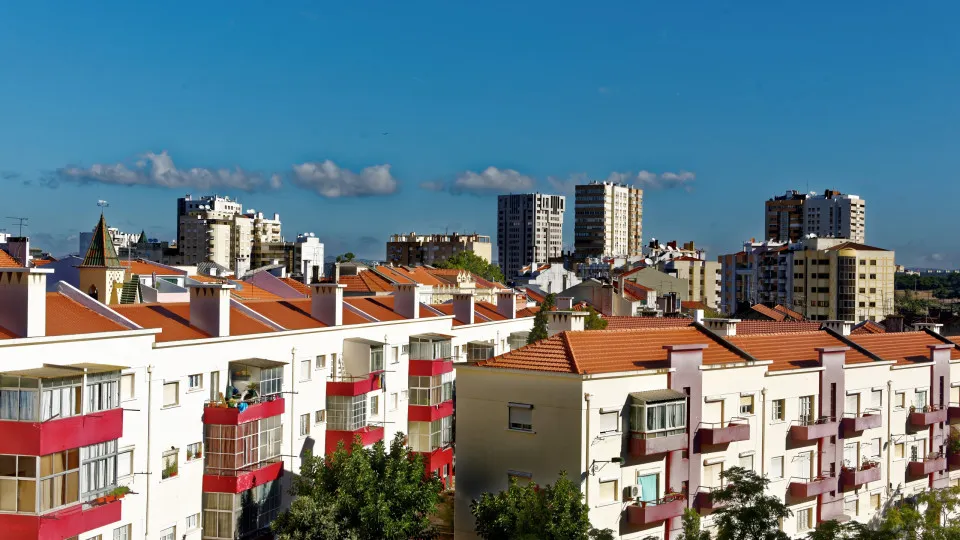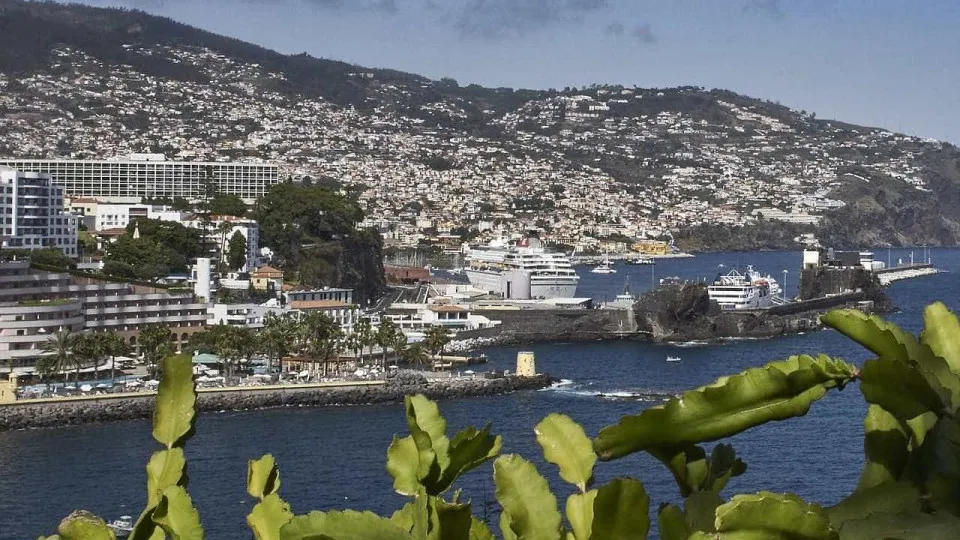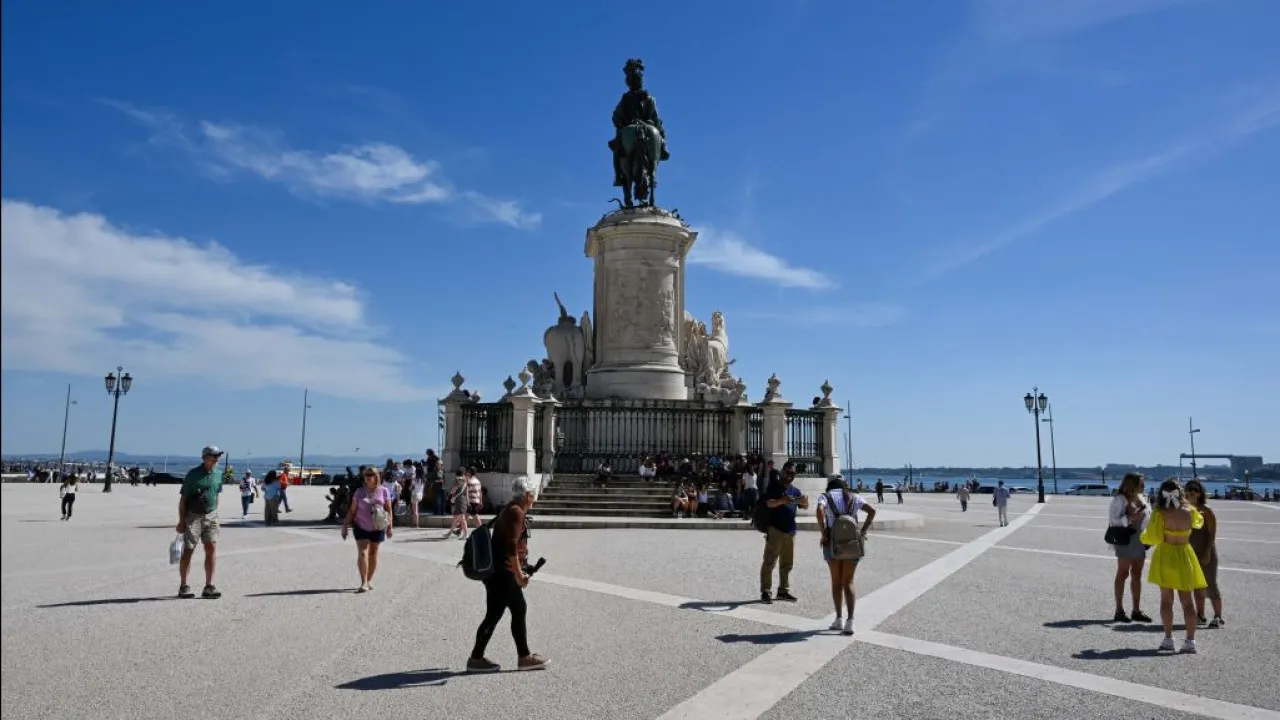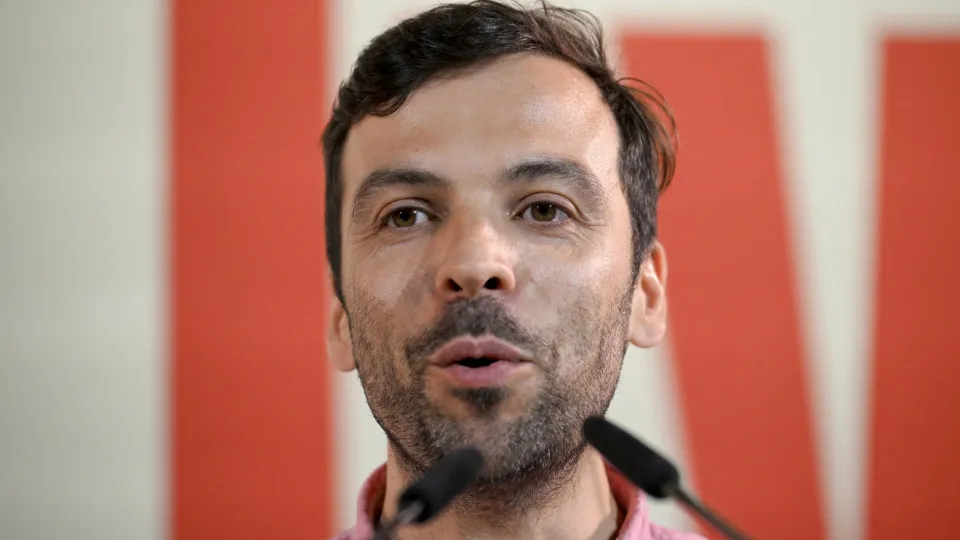“We feel and we know that some AIMA employees are entering burnout, and are actually working outside of hours,” stated Eugénia Quaresma at a press conference in the Sanctuary of Fatima, where the international August pilgrimage begins today, which includes the national pilgrimage of migrants and refugees.
This official added that there are “Church institutions that were receiving emails outside of working hours.”
The National Federation of Public and Social Workers’ Unions (FNSTFPS) called for a strike on overtime at AIMA due to a lack of human resources.
“What led us to make this decision were the problems that have been happening at AIMA since its inception, which are closely linked to staff shortages,” Artur Cerqueira, a FNSTFPS leader, told Lusa today.
The strike notice has a deadline between August 22 and December 31.
The director of OCPM reiterated that “this transition time [from the Foreigners and Borders Service to AIMA] is distressing, despite all efforts to keep people calm and serene.”
“But the truth is that resources are not sufficient, and this is being repeated by different institutions. This announced strike is another voice saying that resources are not enough, and therefore this is what needs to be worked on,” she declared.
Regarding the potential impact of the legislative change in criteria for immigrant entry into Portugal, Eugénia Quaresma considered that “it made sense to stop the expressions of interest because there was misuse.”
“They were created to respond, in a timely manner, to a reality, to the need for labor that we have in Portugal,” she said, admitting that abuse had begun to create “a problem for the system.”
However, Eugénia Quaresma emphasized that, “as institutions on the ground warn very well,” there is still a void, questioning how to resolve “the issue of those who are already here or who have a pending process.”
“The measure doesn’t solve everything yet. It’s necessary, on one hand, to give time, and on the other hand, to improve the conditions and resources on the ground, so that we can respond not only to pending cases but to people who arrive and keep arriving,” she added.
The Migration Action Plan, presented in June by the Government, includes the end of the expression of interest mechanism, which allowed an immigrant to obtain a residence permit.
In the same month, the then president of AIMA stated that there were 410,000 pending immigrant processes in Portugal.
Speaking to the Parliamentary Committee on Constitutional Affairs, Rights, Freedoms and Guarantees, Luís Goes Pinheiro stated that there are 342,000 pending cases in the chapter of “expressions of interest and administrative processes for residence permits,” plus “70,000 processes that are in progress.”
In total, it is a maximum value of pending cases “slightly above 400,000” requests to be resolved by Portuguese authorities, Goes Pinheiro told the deputies.
At the press conference, Eugénia Quaresma also listed the responses to the challenges facing the Catholic Church in terms of migration, such as “recognizing and overcoming fear” to face intolerance and xenophobia.
Promoting encounter, listening and having compassion, living catholicity, recognizing migrants as a blessing, fulfilling the Church’s evangelizing mission, and cooperating towards communion are the rest.
Finally, she noted the misinformation running on social networks to thank “all those who are at the service of truth and who contribute” to information and “to change the narrative regarding migrations.”








